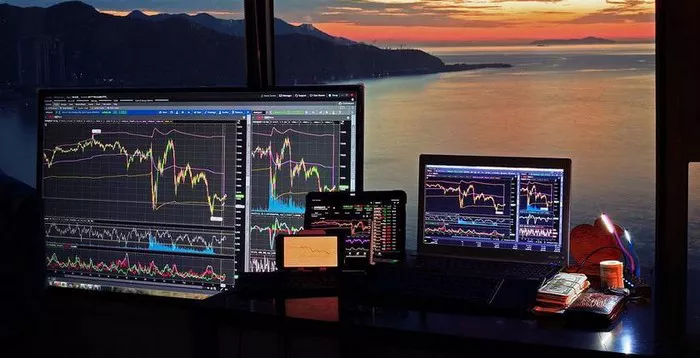The global financial markets operate around the clock, spanning different time zones and continents. Among the key players in the financial landscape is the Dow Jones Industrial Average (DJIA), a widely recognized benchmark for the performance of the U.S. stock market. Traders and investors often turn their attention to Dow futures, a derivative that allows them to speculate on the future direction of the index.
Understanding Dow Futures
Before delving into the trading hours, let’s first understand what Dow futures are. Dow futures are contracts that enable traders to speculate on the future movement of the Dow Jones Industrial Average. These contracts are essentially agreements to buy or sell the DJIA at a specific price on a predetermined date in the future. Dow futures provide opportunities for both hedging and speculative trading, allowing market participants to manage risk and capitalize on market trends.
Global Market Dynamics
The global nature of financial markets means that trading takes place across multiple time zones, facilitating continuous trading activity. Dow futures, as a derivative of the DJIA, are influenced not only by developments in the U.S. but also by events and news from around the world. As a result, Dow futures trading is influenced by a combination of factors, including market sentiment, economic data releases, geopolitical events, and central bank decisions.
Trading on a 24-Hour Basis
One of the defining features of Dow futures trading is its availability on a 24-hour basis. Unlike traditional stock markets that have specific trading hours, futures markets, including Dow futures, offer extended trading hours that allow participants to trade beyond regular market hours. This around-the-clock trading ensures that investors can react to news and events that occur outside of traditional trading sessions.
Pre-Market and After-Hours Trading
Dow futures trading encompasses both pre-market and after-hours sessions. Pre-market trading refers to the period before the official opening of the U.S. stock market. During this time, traders can place orders and execute trades based on developments that occurred overnight or early in the morning. After-hours trading, on the other hand, takes place after the close of the regular trading session and provides an additional opportunity for investors to react to late-breaking news.
U.S. Trading Hours
While Dow futures trading operates on a 24-hour basis, it is important to note that there are specific hours that are particularly active due to the overlap of trading sessions. The primary trading hours for Dow futures correspond to the U.S. trading session, which is typically from 9:30 AM to 4:00 PM Eastern Time (ET). During this time, trading activity tends to be higher, as it aligns with the trading hours of the underlying stocks in the DJIA.
Global Trading Hours
In addition to the U.S. trading hours, Dow futures can also be traded during the Asian and European trading sessions. The overlap between these sessions and the U.S. session leads to increased trading volume and liquidity. This global accessibility allows traders from different parts of the world to participate in Dow futures trading and react to market-moving events regardless of their local time zone.
Factors Affecting Trading Hours
The trading hours of Dow futures can be influenced by several factors, including market holidays, economic releases, and unexpected events. Market holidays in different regions can impact trading volume and liquidity. Major economic releases, such as employment reports or central bank decisions, can lead to increased volatility and trading activity. Additionally, unexpected geopolitical events can prompt sudden changes in trading patterns.
Technology and Accessibility
Advancements in technology have played a significant role in extending the accessibility of Dow futures trading. Online trading platforms and electronic communication networks have made it easier for traders to participate in the markets from anywhere in the world. This technology-driven accessibility has contributed to the continuous nature of futures trading, allowing market participants to respond quickly to changing market conditions.
Conclusion
Dow futures trading is a dynamic and accessible facet of the global financial markets. Operating on a 24-hour basis, Dow futures allow traders and investors to react to market-moving events around the clock. While the U.S. trading session corresponds to the primary trading hours for Dow futures, the overlapping trading sessions of different regions create opportunities for increased trading volume and liquidity. As technology continues to advance and financial markets become increasingly interconnected, the world of Dow futures trading remains a vital component of the global trading landscape. Understanding the trading hours and dynamics of Dow futures is essential for those seeking to navigate the complexities of futures trading and capitalize on market opportunities.


